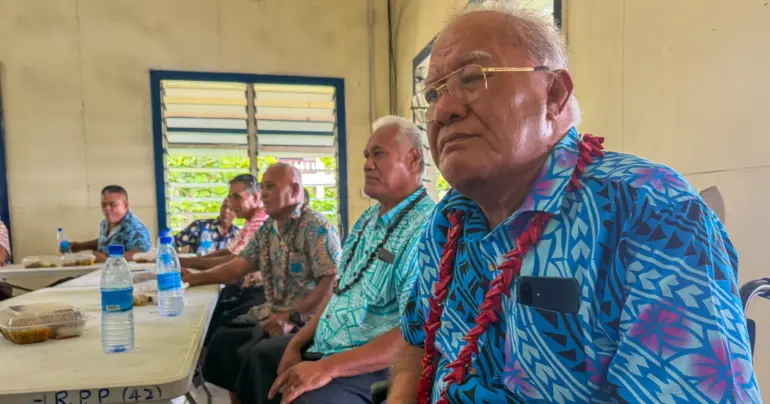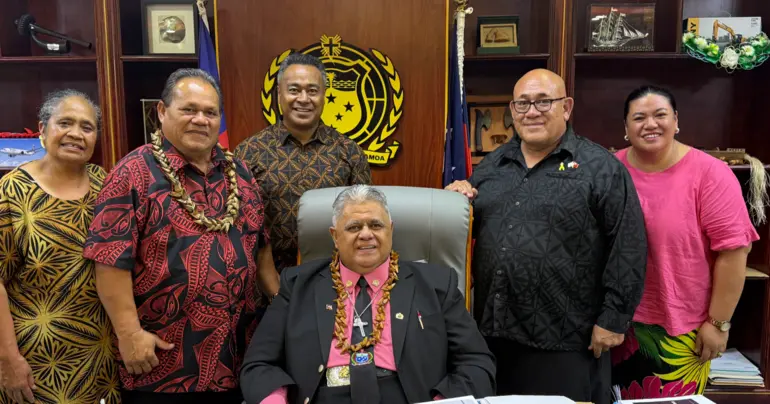A deadly habit: Vaping grips Samoan youth
 By Andrina Elvira Burkhart
•
22 May 2025, 7:10PM
By Andrina Elvira Burkhart
•
22 May 2025, 7:10PM
E-cigarettes or vapes are a growing public health crisis, mainly seducing teenagers across the Asia Pacific Region into nicotine addiction, and it is the same in Samoa.
These gadgets may look harmless, but in reality, they are high-tech delivery systems for a powerful and addictive drug. Behind the fruity scents and sleek designs lies a calculated strategy by nicotine companies to hook young people early and secure lifelong customers.
“I vape because the flavours taste good, that’s the only reason,” said teenager John W. “I know it kills people, so I’m slowly starting to develop a habit out of it.”
For many like John, e-cigarettes are appealing not just for their taste but for the image they project — trendy, modern, and socially acceptable. These products are easily concealed, heavily promoted online, and often escape the notice of parents and teachers.
“The attraction of different kinds of devices just makes us want to get them and smoke,” said Mary, another youth user. “Although it’s worse than tobacco, I prefer the smell of vape, especially since they can be charged and reused.”
Health experts say this trend is reversing decades of progress in tobacco control. Dr. Saia Ma’u Piukala, Regional Director for the World Health Organisation (WHO) Western Pacific, warned of the dangers e-cigarettes pose to young brains and the growing evidence of their long-term health risks.
“Nicotine harms brain development and primes children for lifelong addiction,” said Dr. Piukala. “These products may look harmless, but they trap young people in a dangerous cycle.”
Even those who start vaping to manage stress often find themselves dependent. “I vape because it helps me manage stress during hectic days,” admitted teenager Leute. “It’s not ideal, but it gives me a moment to pause.”
In response, momentum for stronger regulation is building. As of April 2025, 11 of the 27 WHO Western Pacific Member States — including the Cook Islands, Nauru, and Vietnam have banned e-cigarettes, with more countries considering similar measures. WHO’s Call to Action outlines minimum standards for regulating these products and urges governments to adopt strict policies before the crisis worsens.
Dr Piukala also warns against repeating past mistakes: “My generation witnessed how the tobacco industry manipulated science, policy, and public perception. We must not let history repeat itself with e-cigarettes.”
With addiction rates climbing and health systems already burdened, experts say the time for action is now. Protecting the next generation means stopping nicotine addiction before it starts, and that begins with exposing the truth behind the vape.
 By Andrina Elvira Burkhart
•
22 May 2025, 7:10PM
By Andrina Elvira Burkhart
•
22 May 2025, 7:10PM











